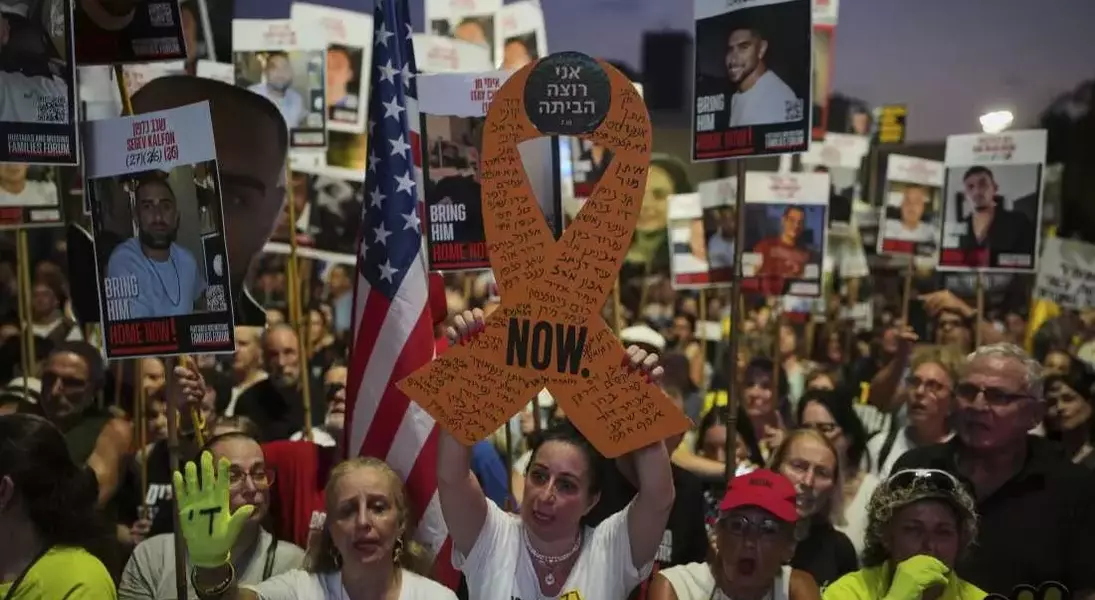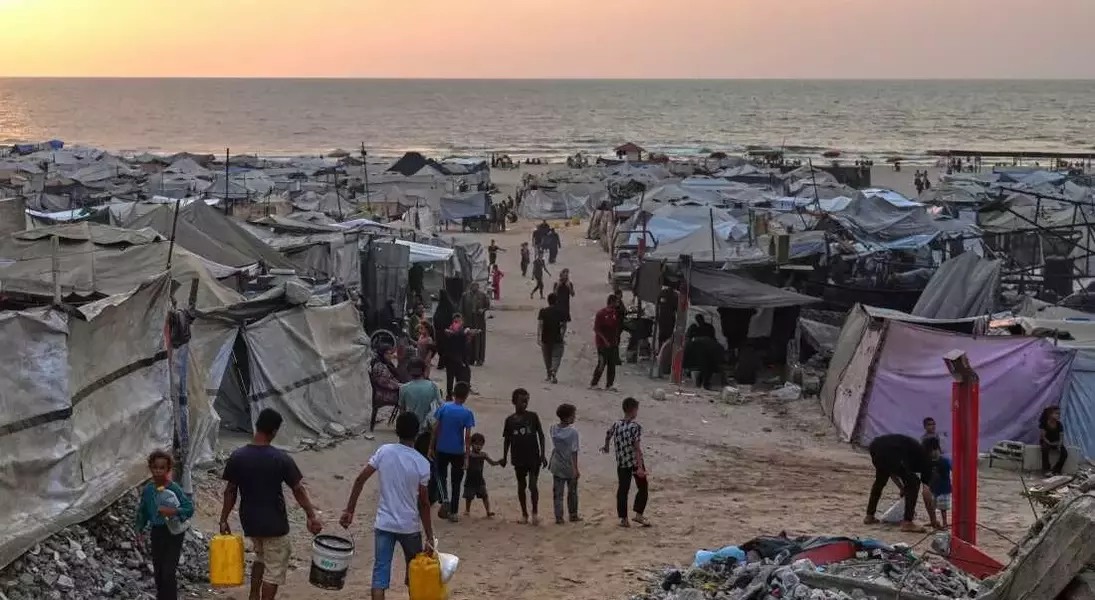




Israeli Prime Minister Benjamin Netanyahu recently articulated his firm commitment to seizing full control of Gaza City and the remaining sections of the Gaza Strip not yet under Israeli dominion. This declaration, made during a Jerusalem press conference, outlines a strategy that entails the relocation of the civilian populace and the complete military takeover of the entire territory. Such an aggressive stance has ignited widespread international condemnation and significant domestic dissent, with thousands of Israelis protesting against the government's approved plan, which necessitates the call-up of a substantial number of reservists.
The international community's response has been overwhelmingly critical, focusing on the potential for an exacerbated humanitarian crisis and increased civilian casualties. International organizations and numerous national leaders have expressed grave concerns, particularly regarding the escalating issues of starvation and the perilous situation of remaining hostages. Despite reports from independent sources and on-the-ground physicians confirming severe malnutrition and an unfolding famine, Netanyahu has dismissed these accounts as \"malicious falsehoods.\" This controversial plan also faces opposition from within Israel, including from families of the hostages who urge for a ceasefire to secure their release, fearing that military escalation imperils their loved ones.
Amidst the escalating tension, the United Nations Security Council convened to deliberate on Israel's latest offensive, with various nations, from the Arab world to Europe, decrying the strategy. Several European foreign ministers collectively signed a letter protesting Israel's plan, asserting that it would only intensify the humanitarian catastrophe and risk countless lives. Even Germany, a long-standing ally of Israel, has announced a halt to military equipment exports that could be deployed in the Gaza Strip. However, the U.S. interim ambassador to the U.N. supported Israel's right to self-defense, framing the conflict's resolution as contingent on Hamas releasing the hostages and relinquishing control of Gaza.
The path to peace and stability in any region requires a collective commitment to human dignity and the alleviation of suffering. While national security is a legitimate concern, the pursuit of peace demands a humanitarian approach that prioritizes civilian protection and addresses the root causes of conflict. True strength lies not in military dominance alone, but in the capacity for compassion, diplomacy, and the building of a future where all people can live in safety and prosperity. It is through dialogue and mutual respect that lasting solutions can be forged, allowing for healing and reconstruction in the wake of immense hardship.
